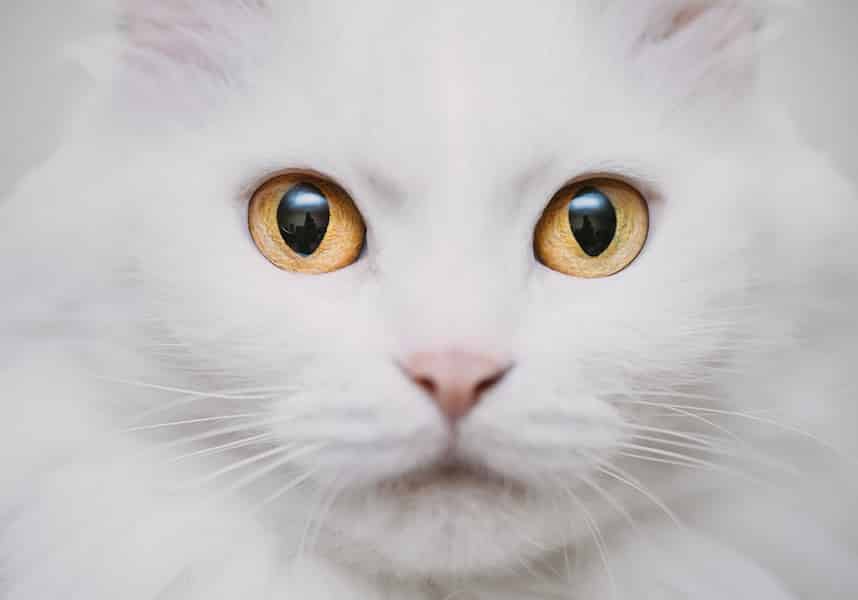A team from Oregon State University conducted a study that proves cats may be just as affectionate as dogs. The study examined attachment styles of 70 kittens and 38 cats, involved placing the felines in a room for two minutes with their owners and then removing them from the room with their owners for the same amount of time.
According to the study published in Current Biology:
Attachment theory predicts that both secure and insecure-ambivalent individuals should show signs of distress including vocalizations during this phase with little difference between secure and insecure-ambivalent individuals [5].
That’s a fancy way of saying that the researchers hypothesize that cats will show similar reactions to dogs and children when separated from their human companions.
Additionally:
Overall, indicators of attachment relationships between cats and humans, including proximity seeking, separation distress and reunion behavior, were present, and individual differences in response were consistent with attachment style categorizations as previously described in the literature. The current data support the hypothesis that cats show a similar capacity for the formation of secure and insecure attachments towards human caregivers previously demonstrated in children (65% secure, 35% insecure) [10] and dogs (58% secure, 42% insecure) [8,9] with the majority of individuals in these populations securely attached to their caregiver
As a lifelong cat owner, this information is not surprising. Cats can definitely form attachments to their human companions (and vice versa). 🙂
Read the rest of story from Inside Edition below. The full scientific study can be referenced under “Attachment bonds between cats and humans” in Current Biology.
Cats Have Attachment Styles Just Like Babies and Dogs, New Study Finds
A new study shows that cats may be just as affectionate as dogs. The study, which was published in Current Biology, found that pet cats also have distinct attachment styles toward their owners in the same way dogs and babies do.
